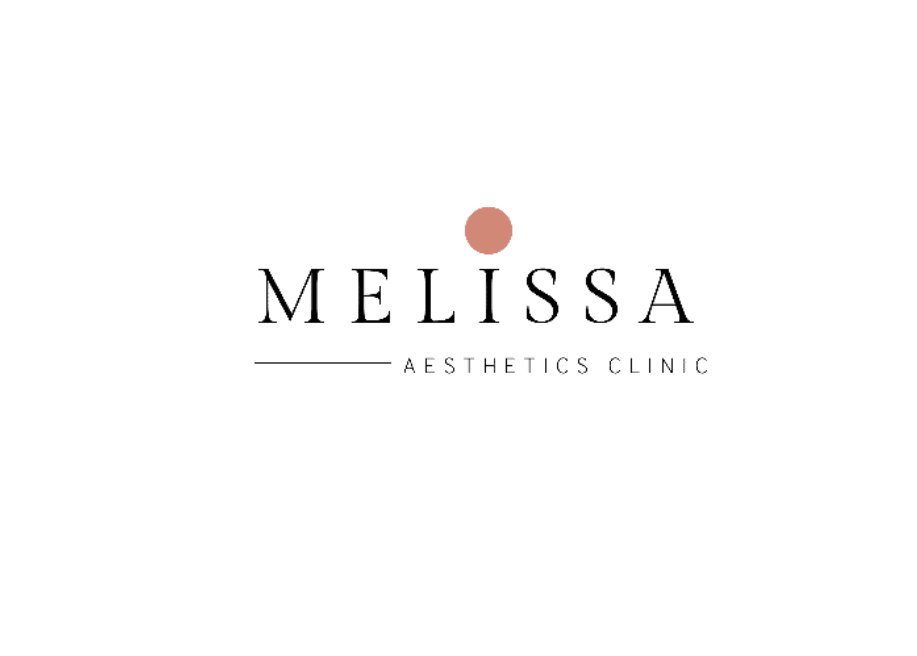Everything You Need to Know About Exfoliation and Skin Health
- Melissa Aesthetics Clinic

- Apr 14
- 3 min read
Exfoliation is a crucial step in maintaining refined, healthy skin. It helps remove dead skin cells, promotes cell turnover, and rejuvenates your complexion. Understanding the science and best practices behind exfoliation can empower you to make informed choices about your skincare routine.
The Importance of Exfoliation for Skin Health
Exfoliation offers numerous benefits that contribute to overall skin health. Dead skin cells can clog your pores, leading to dullness and blemishes. Regular exfoliation helps:
Unclog Pores: Removing dead skin cells prevents blockages that can lead to acne.
Improve Texture: Smooth skin enhances the complexion and makes applications of creams and makeup more effective.
Boost Radiance: Exfoliating promotes new cell growth, giving your skin a fresh, youthful glow.
Enhance Product Absorption: Clean skin allows skincare products to penetrate deeper and work more efficiently.

Types of Exfoliation
There are two primary types of exfoliation: mechanical and chemical. Each method has its own set of techniques and benefits.
Mechanical Exfoliation
Mechanical exfoliation involves physically scrubbing the skin to remove dead cells. This can be done using:
Scrubs: Products that contain small granules, like sugar or salt, that help buff away dead skin.
Exfoliating Brushes: Brushes designed to be used on the face or body for a more thorough scrub.
Washcloths or Sponges: Using a soft cloth can provide gentle exfoliation with everyday products.
While mechanical exfoliation is effective, it can sometimes lead to irritation if used too aggressively.
Chemical Exfoliation
Chemical exfoliation uses acids or enzymes to dissolve dead skin cells. Common types include:
Alpha Hydroxy Acids (AHAs): Typically derived from fruits, AHAs are water-soluble and work on the skin's surface.
Beta Hydroxy Acids (BHAs): Oil-soluble, these acids penetrate deeper into pores, making them ideal for acne-prone skin.
Enzymatic Exfoliants: These use natural enzymes to gently break down dead skin cells.
Chemical exfoliation is often regarded as more effective for deeper skin issues. For more intense options, you might consider professional treatments like chemical peels, designed to deliver significant results.

Why do we Recommend Chemical Peels?
Chemical peels can be used on various skin types. Chemical peels can be a very effective treatment for concerns like:
Acne Scars: Chemical peels can help reduce the appearance of scars over time.
Hyperpigmentation: Dark spots can be diminished through regular treatment.
Fine Lines and Wrinkles: The cell turnover stimulated by chemical peels promotes a smoother appearance.
Consulting with your nurse can help determine if a chemical peel is suitable for your skin type and issue.
How to Exfoliate Effectively
Proper exfoliation goes beyond just the right products; how often and when you exfoliate also matters. Here are some recommendations:
Frequency: For most skin types, exfoliating 2-3 times per week is ideal. However, sensitive skin might require less frequent exfoliation.
Timing: Exfoliation is best done in the evening, allowing your skin to repair overnight.
Hydration: Always follow exfoliation with a moisturiser. This helps replenish the skin’s hydration and prevents irritation.
Remember not to mix different exfoliation methods on the same day, as this can lead to excessive irritation.

Common Exfoliation Mistakes to Avoid
Even the most diligent skincare enthusiasts can make mistakes when exfoliating. Here are some pitfalls to watch out for:
Exfoliating Too Often: This can lead to inflamed, irritated skin and may cause breakouts.
Using the Wrong Product: Choose exfoliants suited to your skin type. For example, oily skin may benefit from BHAs such as salicylic acid, while dry skin may prefer AHAs.
Neglecting Sun Protection: Exfoliation can make your skin more sensitive to the sun. Always wear sunscreen to prevent damage.
Ignoring Skin Sensitivity: Listen to your skin. If you notice redness or irritation, reduce your exfoliation frequency.
Wrapping Up Your Exfoliation Journey
Maintaining skin health through proper exfoliation is a balanced endeavor. It can yield tremendous benefits, from glowing skin to improved texture. Embrace the right products, techniques, and frequency to effectively incorporate exfoliation into your skincare routine.
By understanding the importance of both mechanical and chemical methods, and adhering to expert recommendations, you can achieve and maintain radiant skin. Remember to listen to your skin and consult your nurse when trying new treatments. Here's to vibrant, healthy skin!
Did you know as a valued client of Melissa Aesthetics, you can enjoy exclusive discounts on the renowned PCA Skin Cosmeceutical skincare line. Book your consultation today, and we'll create a personalised skincare plan designed specifically for your needs.

